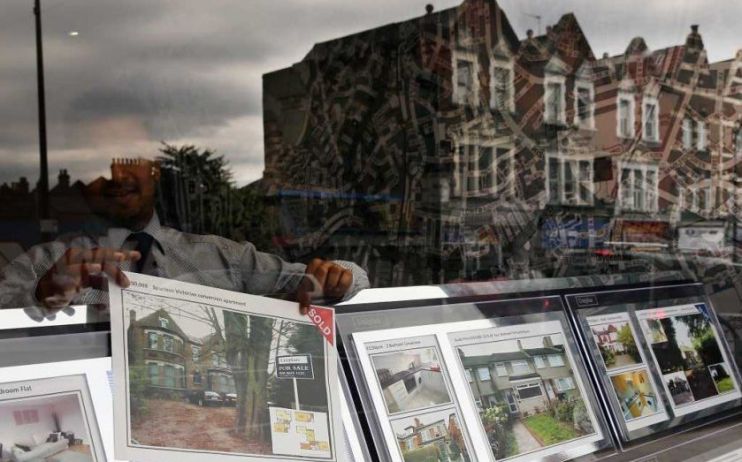Mortgage and remortgage approvals fall as higher interest rates hits property market

New mortgage approvals fell to the lowest level in six months while agreements for remortgaging plummeted too, as high interest rates dented the market.
According to new figures from the Bank of England, net mortgage approvals for house purchases fell to 45,400 in August, the lowest its been for six months and down from 49,500 in July.
Net approvals for remortgaging meanwhile slumped from 39,300 to 25,000 – the lowest level in over a decade.
The fall in mortgage approvals, which is an indicator of future borrowing, suggests the market is in for a rough ride over the next few months despite the fourth consecutive rise increase in monthly borrowing.
“While mortgage lending edged up for the fourth consecutive month, the decline in mortgage approvals… signalled that mortgage lending is likely to remain weak in the final months of this year as cost-of-living pressures and high borrowing costs make it harder for buyers to secure the homes they want,” Alice Haine, personal finance analyst at Bestinvest said.
The housing market has been put under great strain by the Bank of England’s efforts to tame inflation. Interest rates have climbed from historic lows to a post financial crisis high of 5.25 per cent.
This in turn has seen mortgage rates spiral, sending a shiver through the market. The Bank’s figures showed that the interest rate paid on newly drawn mortgages rose by 16 basis points over the month to 4.82 per cent.
Mortgage rates have been falling recently, with the average five-year deal falling below six per cent. But uncertainty still reigns over the market, ensuring activity remains muted.
Consumer borrowing meanwhile remained strong, rising to £1.6bn in August from £1.3bn in July. This was mainly driven by lending in segments such as motor finance and personal loans.
More worryingly, households withdrew £300m from banks in August following two consecutive months of net inflows. Ashley Webb, UK economist at Capital Economics, said this “may suggest that households’ finances are becoming more stretched.”
The outflows came despite over £8bn being poured in time deposit accounts, as consumers try to lock in higher interest rates on savings products.